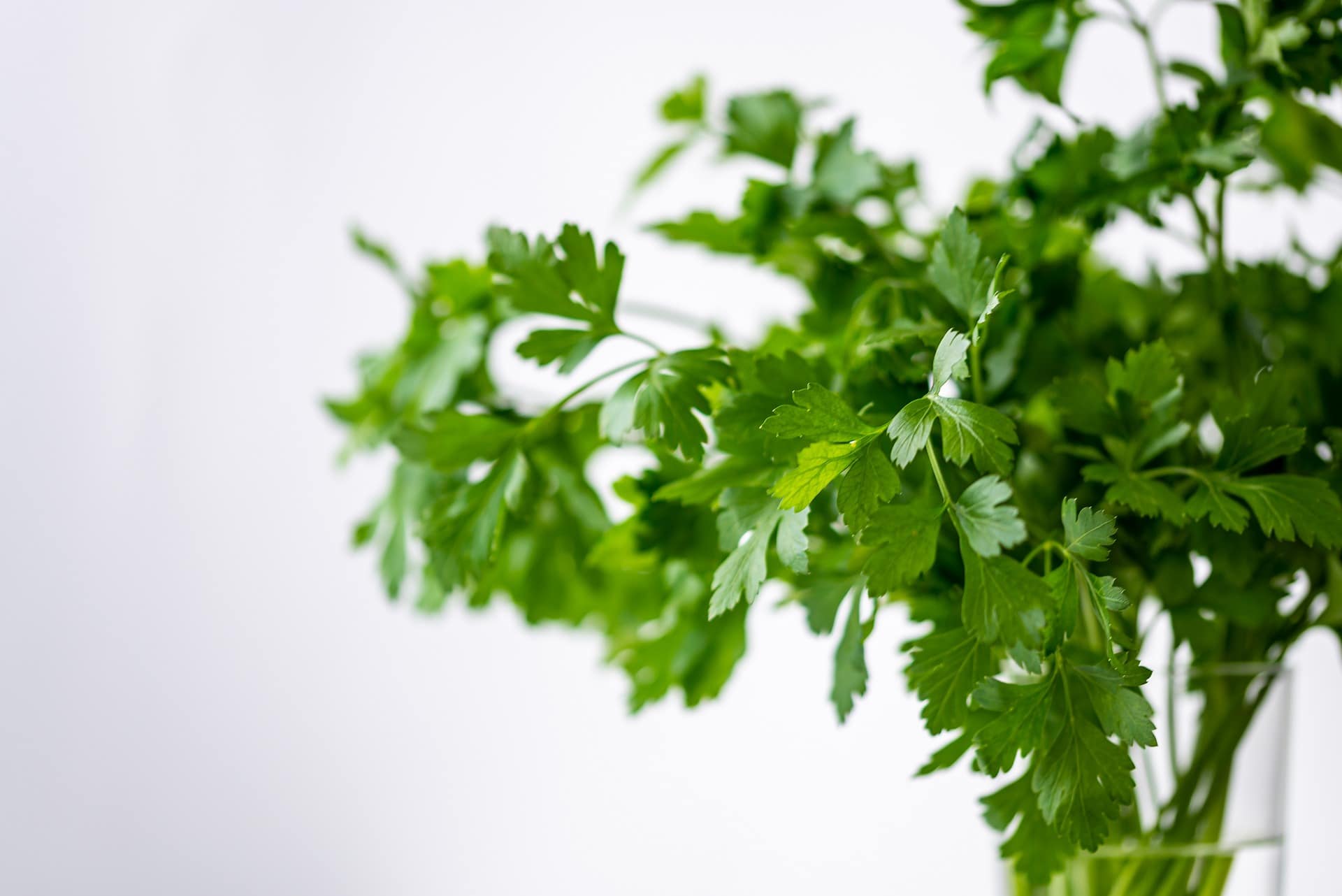Do you know what the best herbs for high blood pressure are? Are you looking to fight hypertension but don’t know which herbs might help?
High blood pressure is a silent killer, and you may not even know you have it. Using certain herbs may be an alternative way to help manage the condition and reduce your risk of more serious complications. From basil to olive oil extract, many medicinal plants have been proven through research studies to reduce hypertension. Even better, these natural remedies come with very few side effects, and they can offer an effective long-term solution if used regularly.
Read on to learn more about how certain herbs can help you manage your hypertension symptoms and keep your heart healthy.
The Best Herbs For High Blood Pressure: What is High Blood Pressure?
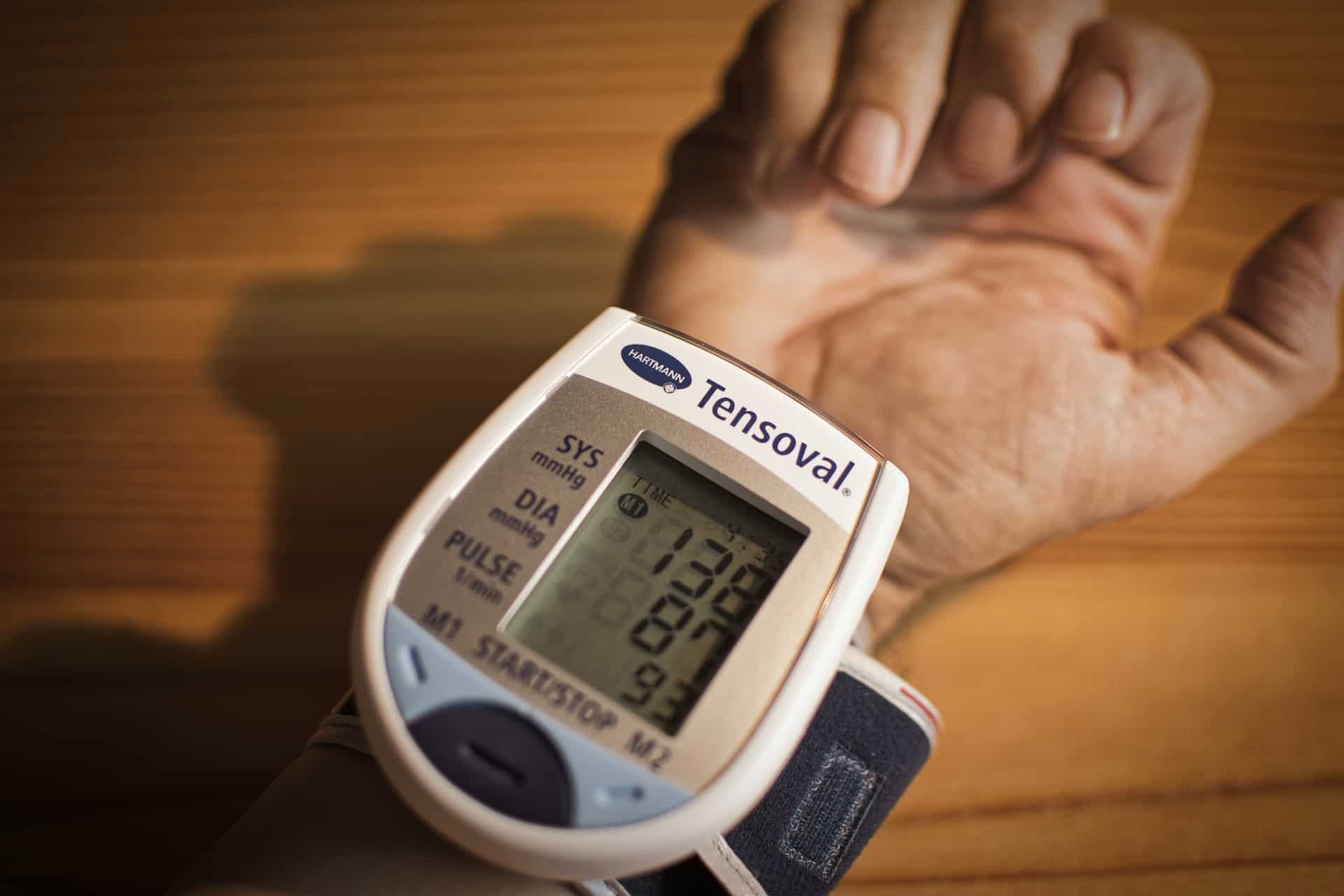
High blood pressure – it’s something we all worry about, but what is it actually? High blood pressure is the scientific term for a condition where the force of blood against your artery walls is too high. If left untreated, high blood pressure can lead to stroke and heart attack.
So how do you know if you have it? Your GP can check easily by taking your blood pressure with a sphygmomanometer. If your readings are over 140/90, they may diagnose you with high blood pressure. Generally, reducing stress levels and improving diet will help to lower those readings, so don’t put off having your BP checked!
The Best Herbs For High Blood Pressure: Symptoms of High Blood Pressure

If you’ve been feeling strange lately and aren’t quite sure what’s wrong, understanding the signs and symptoms of hypertension may be a wise move.
Common Symptoms of High Blood Pressure:
- Headaches – persistent headaches could indicate that your blood pressure is too high.
- Nausea – feeling disease or vomiting after meals? You could have high blood pressure.
- Chest pain – chest pain when exercising or doing physical activities could indicate that your blood pressure is too high.
- Shortness of breath – feeling out of breath even after minimal activity might signify your blood pressure has spiked up!
- Vision problems – blurry vision or seeing spots are not normal, so it’s important to get checked for hypertension if you experience this symptom.
- Fatigue – tiredness throughout the day or difficulty sleeping may signal high levels of stress hormones in your body due to hypertension-related issues affecting your circulatory system.
The Best Herbs For High Blood Pressure: Common Causes of High Blood Pressure

Knowing the common causes of high blood pressure can help you identify warning signs before it is too late.
🩸 Stress
Stress is one of the most common causes of high blood pressure. Stress causes a physical reaction in your body that increases cortisol levels, putting extra strain on your heart and other organs. This strain can lead to a spike in blood pressure, which over time can become chronic if left unchecked.
🩸 Obesity
Obesity is another major cause of high blood pressure. When we are overweight or obese, our bodies work harder than usual to perform basic functions, which strains our organs, including our heart and lungs. This increased workload elevates our blood pressure putting us at risk for coronary artery disease, stroke, or other serious health conditions.
🩸 Poor Diet
Eating unhealthy foods can also lead to higher than normal blood pressure levels due to their negative effect on cholesterol levels and overall health. Consuming too much sodium or fat-laden foods can raise your risk for high cholesterol, hypertension, and other elevated blood pressure-related diseases.
🩸 Other Factors
In addition to the above common causes, other lifestyle factors may contribute to elevated blood pressure, such as smoking, lack of physical activity, or excessive drinking. Particular medications like ibuprofen, pre-existing medical conditions such as diabetes, or even genetics (if someone has parents who have had problems with their own BP).
While it’s impossible to eliminate all risks associated with high BP completely, knowing these factors can help you make better choices that empower you to stay ahead of this silent killer!
The Best Herbs For High Blood Pressure
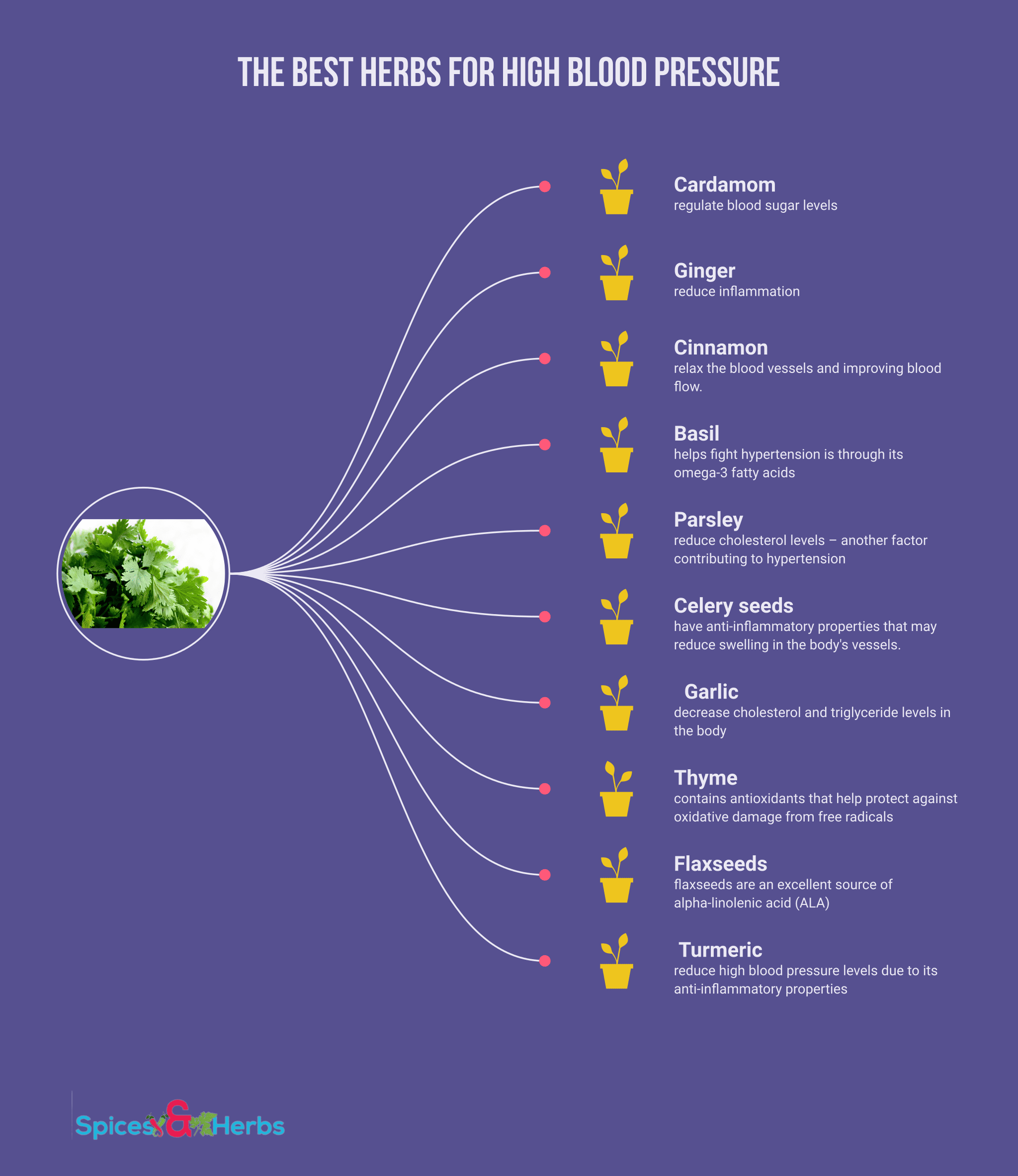
Now that you’re familiar with the causes and symptoms of hypertension let’s look at some herbs that may be beneficial for managing the condition.
🪴 Cardamom
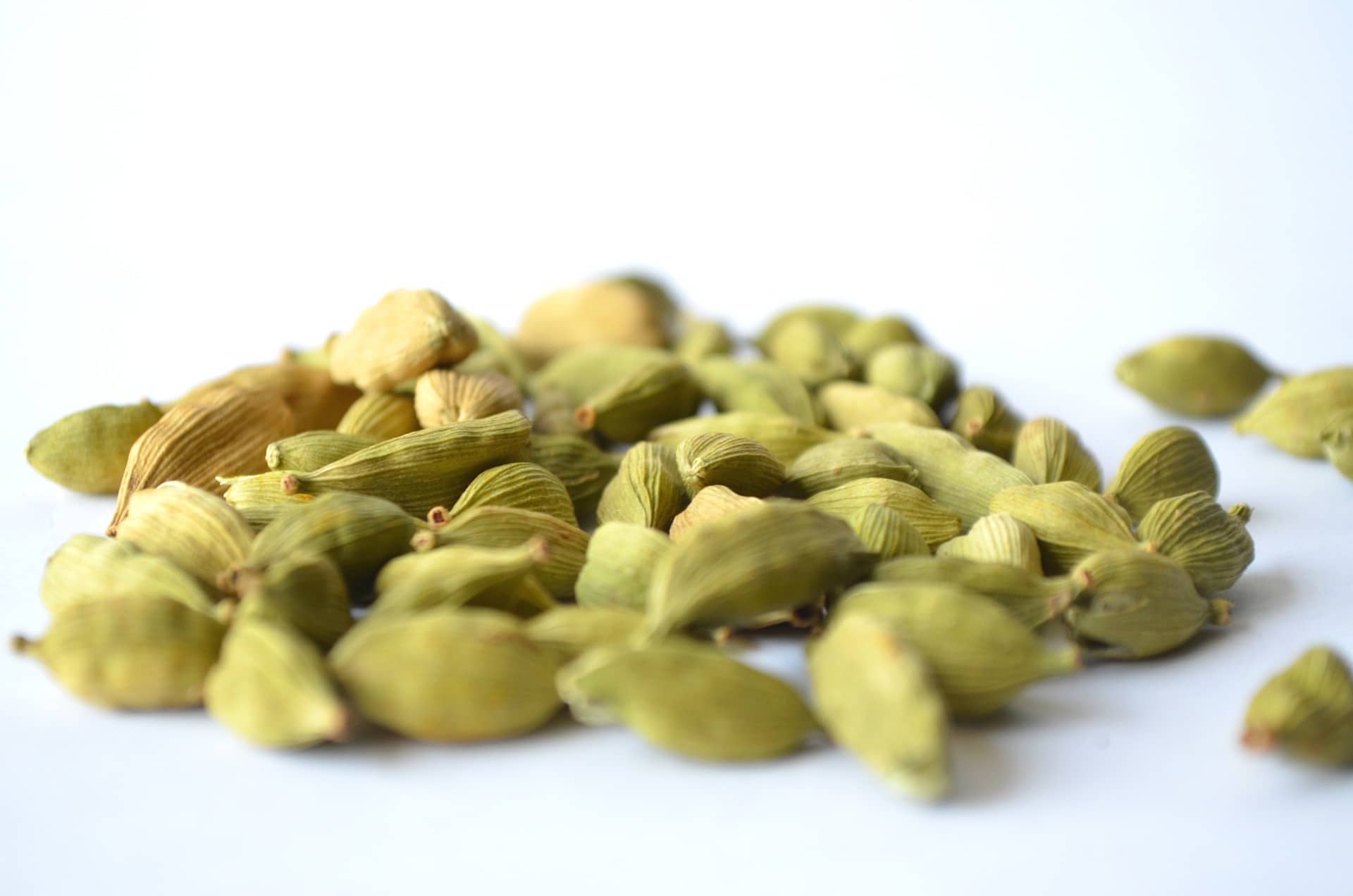
Cardamom is one of nature’s most powerful remedies for high blood pressure. Research has shown that it not only helps with regulating blood sugar levels but can also help reduce high blood pressure.
First off, why should you consider using cardamom for high blood pressure? Well, the most significant benefit of cardamom is that it contains compounds called bioflavonoids which are known to improve overall cardiovascular health and reduce the risk of heart disease.
Furthermore, studies have shown that cardamom decreases systolic and diastolic readings significantly, making it a natural remedy for hypertension.
If you want to incorporate cardamom into your diet to help lower your blood pressure naturally, here are a few tips:
- Start by adding a teaspoon or two of freshly ground cardamom seed to soups or stews – but avoid overdoing it, as too much can interfere with digestion.
- You can also add a pinch of ground cardamom powder to smoothies or juices as well as to herbal teas or regular black tea blends – just don’t use more than ¼ teaspoon per cup as the taste is strong and may be overpowering if used in excess.
- If you’re looking for something sweet without guilt, try making some delicious vegan cinnamon-cardamom cookies with oatmeal and coconut sugar!
- Finally, you can even make your own “cardamorade” drink at home. Simply mix equal parts freshly squeezed lemon juice and orange juice. Then, add a pinch of ground cardamom powder before stirring to combine (you may need to adjust flavors according to your taste).
🪴 Ginger
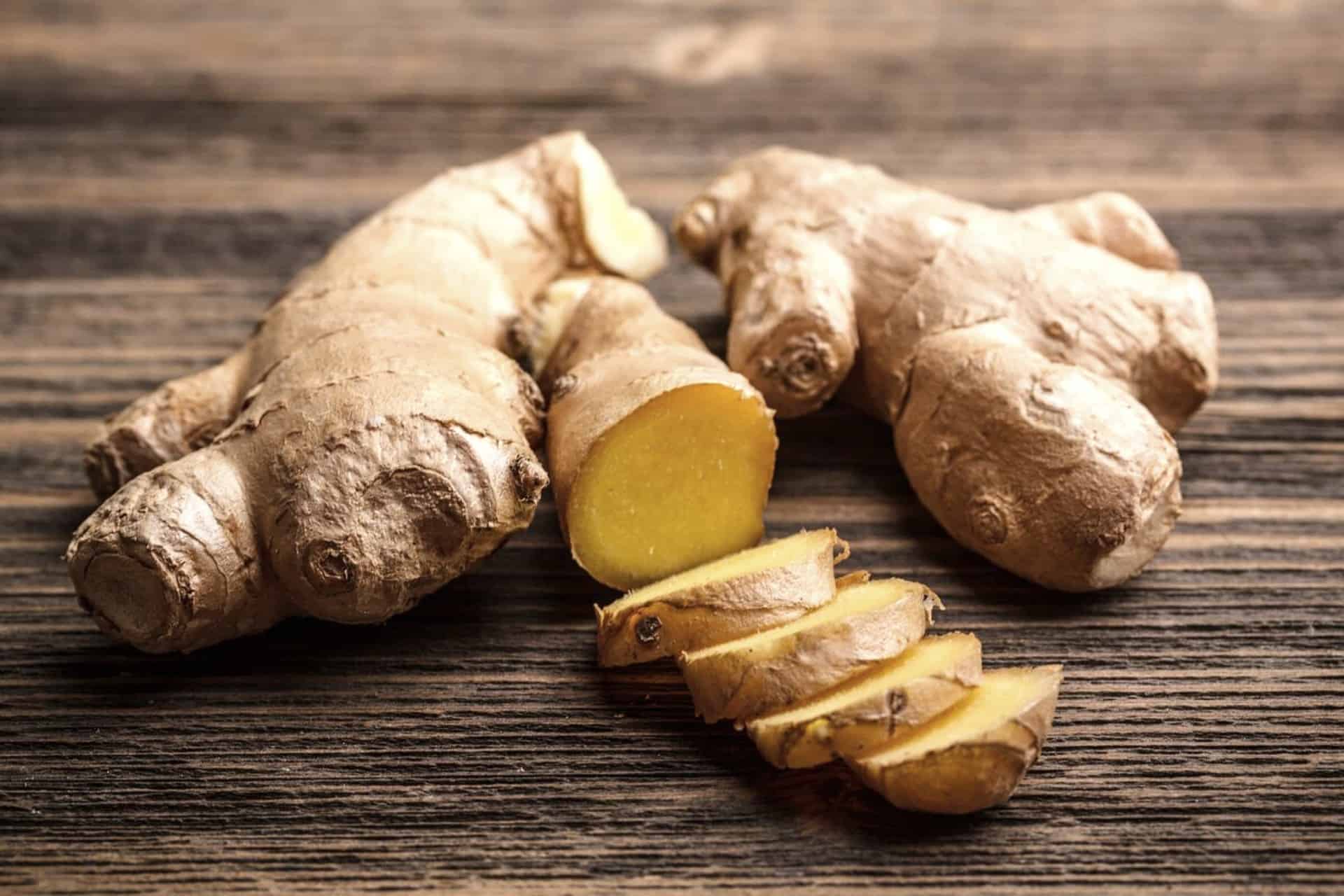
Ginger is one of the best natural remedies for high blood pressure and has a long history of use.
In traditional Chinese medicine, ginger balances the body’s “Qi,” or energy flow, and improves circulation. Studies have shown that ginger extract can reduce both systolic blood pressure and diastolic blood pressure in people with hypertension.
It may also improve vascular endothelial function, which is important for controlling blood flow and managing high blood pressure. Additionally, ginger appears to reduce inflammation which can contribute to high blood pressure and damage arteries.
When using ginger for high blood pressure, it’s best to start slowly to not overwhelm your system. A few teaspoons a day should be more than enough. Freshly grated or sliced root ginger is a great addition to smoothies or fresh juice drinks, while you can add dried or powdered ginger to meals like soups or stir-fries.
For the most benefits, try making tea with freshly grated root ginger. Add a few slices of root ginger into hot water and let it steep before drinking.
🪴 Cinnamon
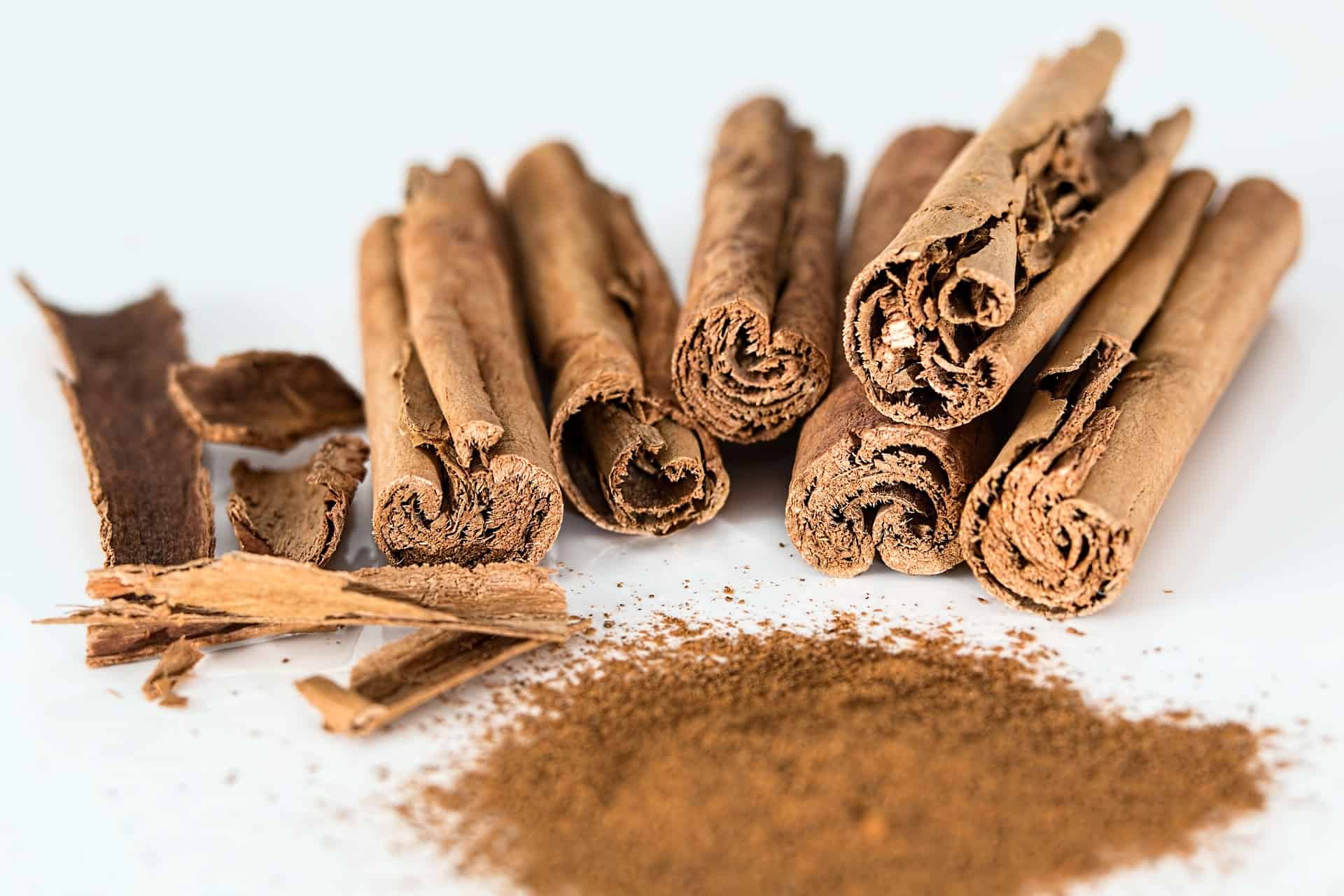
Studies and anecdotal evidence have shown that cinnamon may reduce the risk of hypertension and lower blood pressure in people who already suffer from this condition.
But how exactly does cinnamon help to manage high blood pressure? Well, it’s believed that the active compounds found in cinnamon serve as vasodilators, which means they work by relaxing the blood vessels and improving blood flow. This can eventually lead to lower blood pressure readings.
Now, when it comes to using cinnamon for high blood pressure, you have several options. If you just want a simple way to add more of this spice into your diet, then a good place to start would be adding powdered cinnamon into your favorite food dishes or drinks such as smoothies or oatmeal – even desserts! You could also mix a tasty tea with black tea and some powdered cinnamon.
Another option is to buy capsules filled with concentrated forms of cinnamon extract. These capsules are designed specifically to offer an easy way for people looking to get the benefits of this spice without eating it regularly.
However, before using any concentrated form of extract, you should consult with your healthcare provider first since they can advise you on what dose is right for you.
🪴 Basil
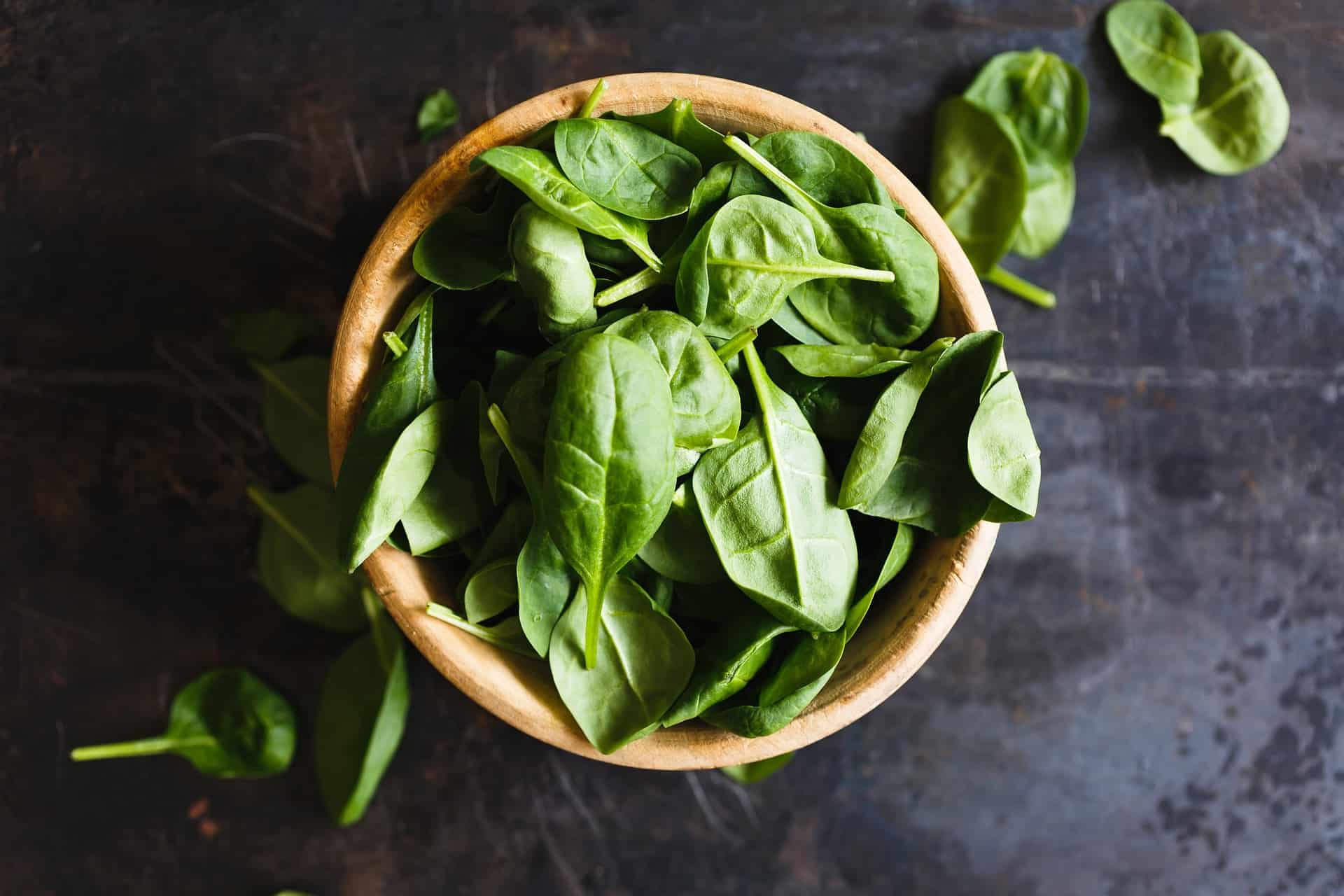
Basil, or Ocimum basilicum, is a medicinal plant packed with antioxidants and other active compounds like flavonoids and polyphenols that can help reduce inflammation. Because inflammation is one of the major contributors to high blood pressure, these compounds can benefit those with hypertension.
Another way basil helps fight hypertension is through its omega-3 fatty acids. Omega-3 fatty acids benefit cardiovascular health as they can improve blood vessel function. Plus, reduce cholesterol levels and triglycerides – two additional factors contributing to high blood pressure.
Finally, basil has plenty of vitamin C, which acts as an antioxidant in the body to fight off dangerous free radicals. Vitamin C has been linked to improved overall cardiovascular and artery health. Both are important for those trying to keep their blood pressure in check!
So how do you use this flavor-packed plant to help lower your hypertension? The simple answer: add it liberally into your meals! Its delicious flavor and powerful healing properties make it an ideal addition for anyone looking to reduce their hypertension naturally.
Depending on its form (fresh leaves vs. dried powder), a good starting dose would be five milligrams three times daily or one teaspoon three times daily. Just make sure to consult your physician first before taking any amount of herbs such as this.
🪴 Parsley
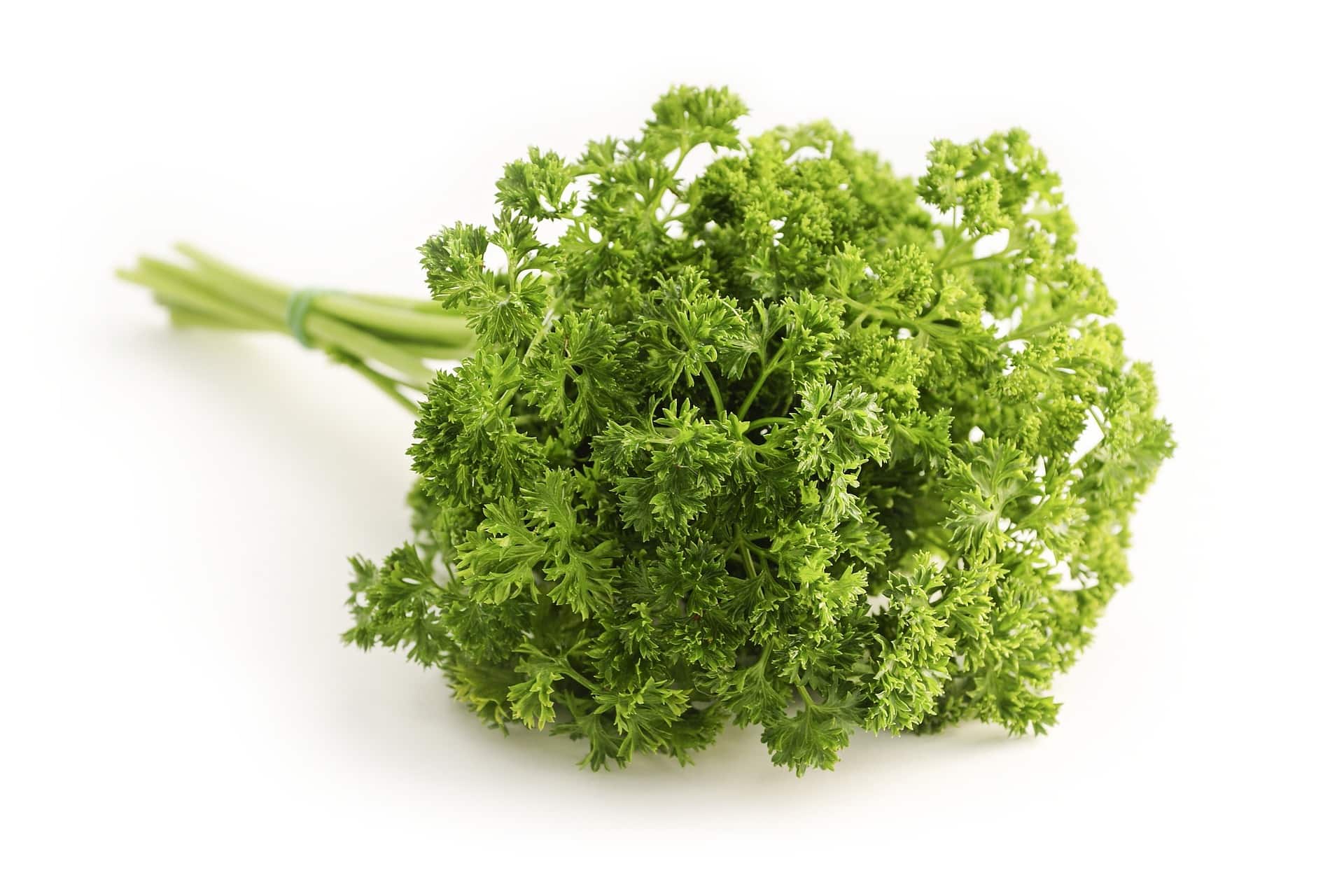
Believed to have been first cultivated in Greece over 2000 years ago, parsley is one of the most popular herbs in cooking today. Yet it’s also gaining attention for its medicinal properties. The leaves contain a number of compounds thought to be beneficial to health, including coumarins, flavonoids, and myristicin.
Studies suggest that regular consumption of parsley can help to reduce hypertension levels. It does this in two ways: firstly, by increasing nitric oxide production, which helps to relax your blood vessels, and secondly, by acting as a diuretic, allowing your body to remove excess sodium from the bloodstream. Furthermore, parsley may even reduce cholesterol levels – another factor contributing to hypertension.
When using parsley for treating hypertension, the most important thing is consistency. Consuming small amounts of parsley every day can boost its effectiveness over time. Here are some of the best ways to add more parsley to your daily routine:
- Add fresh or dried leaves of parsley into salads or other meal dishes;
- Drink parsley juice regularly
- Make tea from fresh or dried leaves
- Create homemade remedies such as tonics with ground parsley mixed with other herbs like rosemary or sage
- Take supplements containing concentrated amounts of essential oils extracted from the herb itself.
🪴 Celery seeds
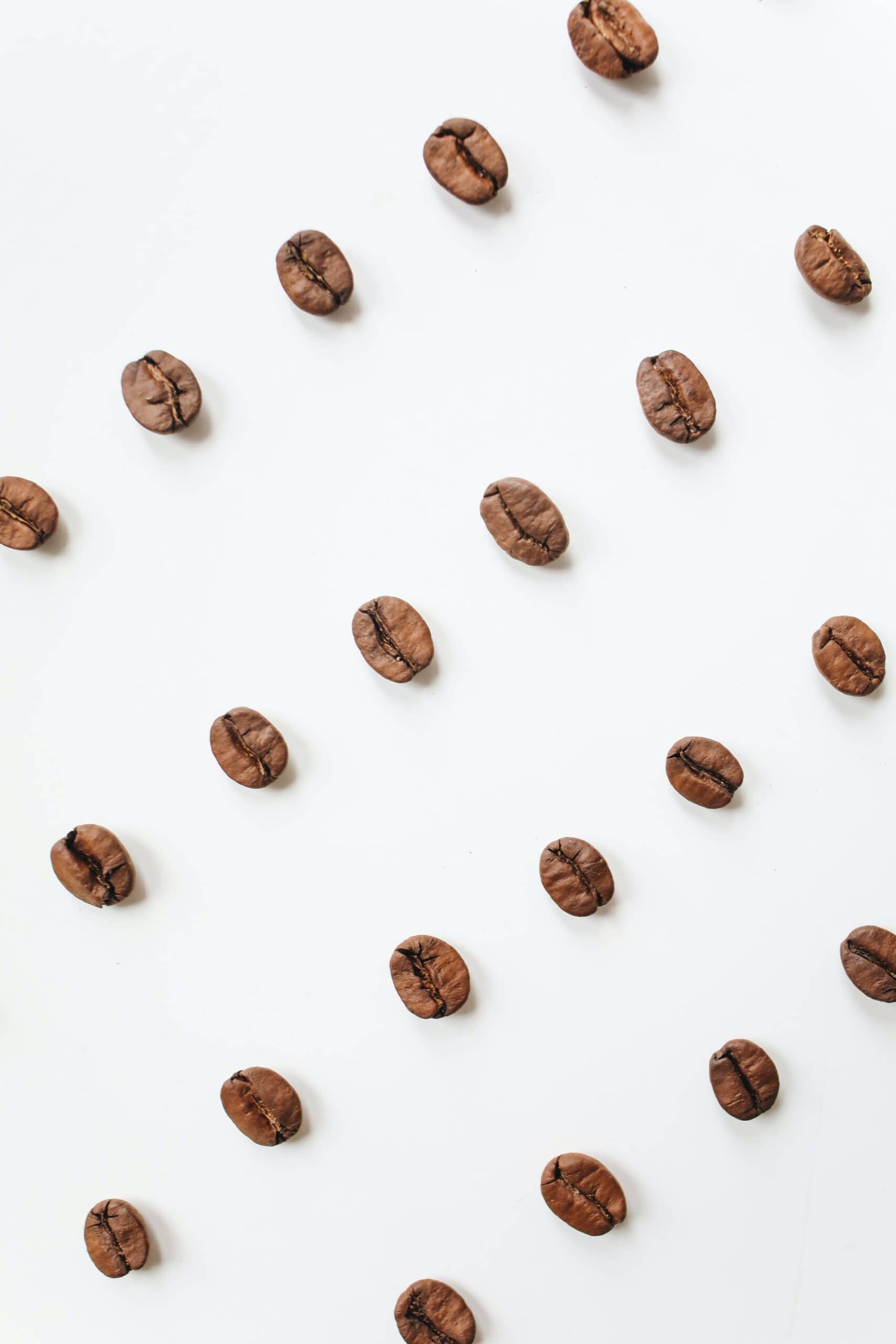
Celery seeds are derived from the celery plant. The plant is a popular veggie found in many kitchens worldwide, particularly as an ingredient in salads, soups, stir-fries, and garnish. But while the stalks of the plant are widely consumed, celery seeds contain an even higher concentration of beneficial minerals and vitamins that you can use medicinally.
For those who suffer from hypertension, celery seeds can offer some respite. This is because they contain active compounds like 3-n-butylphthalide, which acts as a diuretic and helps decrease blood pressure levels.
Celery seeds also have anti-inflammatory properties that may reduce swelling in the body’s vessels. Thus allowing better blood circulation. Plus, celery seeds also boast antioxidant elements – important for overall heart health – which can help get hypertension under control.
So how can you use celery seeds to tackle your hypertension? The best way to do this is by taking celery seed extract in capsule form or ingesting decoctions made from boiling one teaspoon of crushed leaves in a cup of water for 5 minutes before straining it off.
Many people also like drinking two teaspoons of whole or ground-up dried seeds in warm water daily. You can add fresh leaves to salads or soups if grown at home. Still, these will only contain such high concentrations of beneficial elements as dried celery seed extracts found over the counter if you consume large quantities daily (which isn’t recommended).
🪴 Garlic
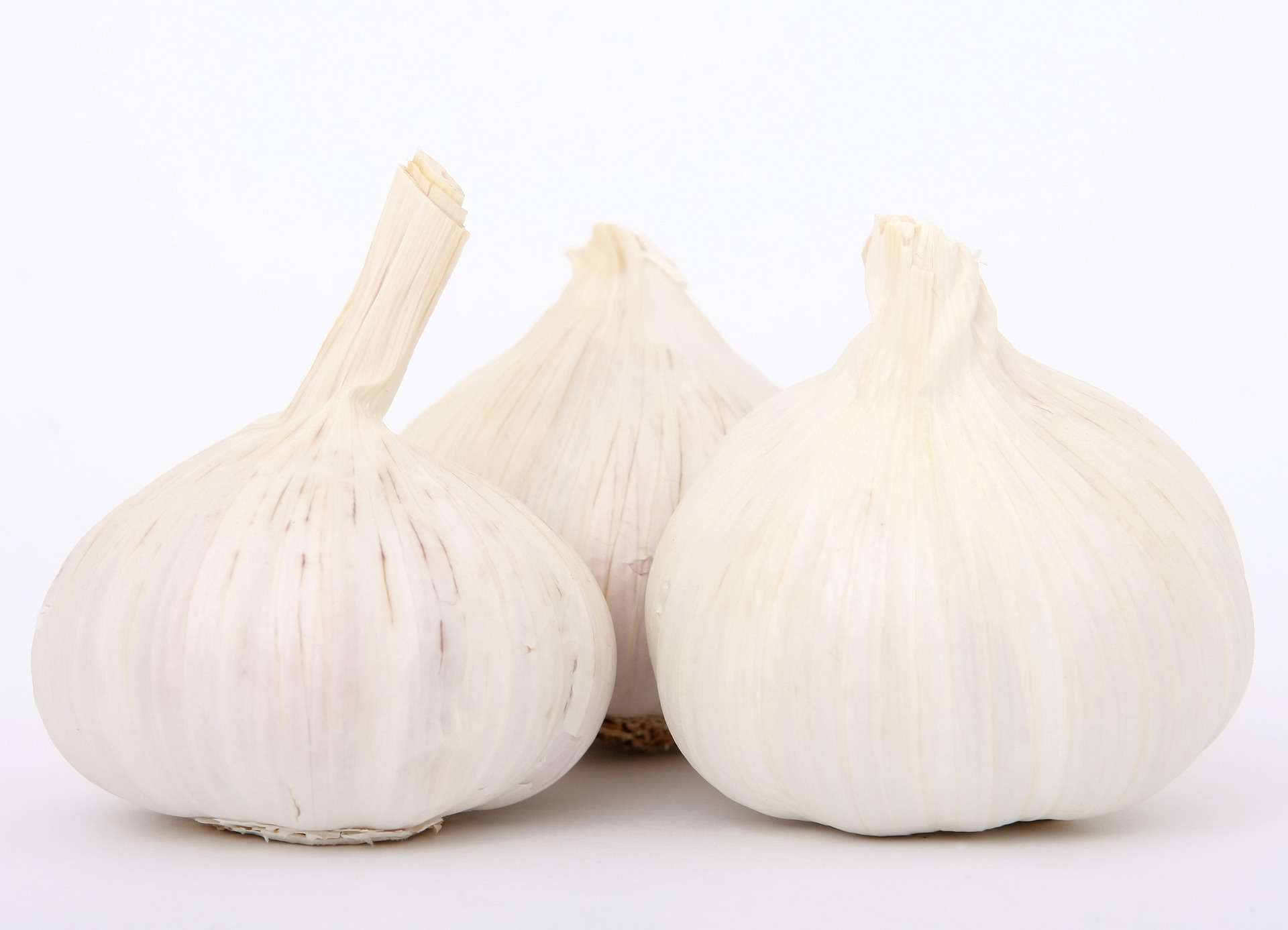
Garlic (Allium sativum) is a species in the onion family, Alliaceae. It’s native to Central Asia but grown worldwide for its culinary uses. As part of this species, garlic possesses compounds like allicin, typically associated with distinct odors and flavors.
Garlic has long been used as an herbal remedy for high blood pressure due to its ability to act as a vasodilator. It helps widen blood vessels, increasing blood flow and reducing tension on vessel walls. Additionally, some components in garlic may decrease cholesterol and triglyceride levels in the body, contributing to hypertension if left unchecked.
The best way to reap the benefits of garlic for managing high blood pressure is by consuming it raw or lightly cooked at least once daily. You can grate fresh cloves or press them through a garlic press before adding them to salads or other dishes.
Alternatively, you can find aged garlic extract supplements at most health food stores or online retailers if you don’t have access to fresh cloves or prefer taking capsules over eating whole cloves.
Either way, consult your doctor prior to starting any dietary or supplement regimen. Especially if you’re already taking anti-hypertensive medications – as an experienced medical professional can advise you on safe dosage amounts and when/how often you should take them.
🪴 Thyme
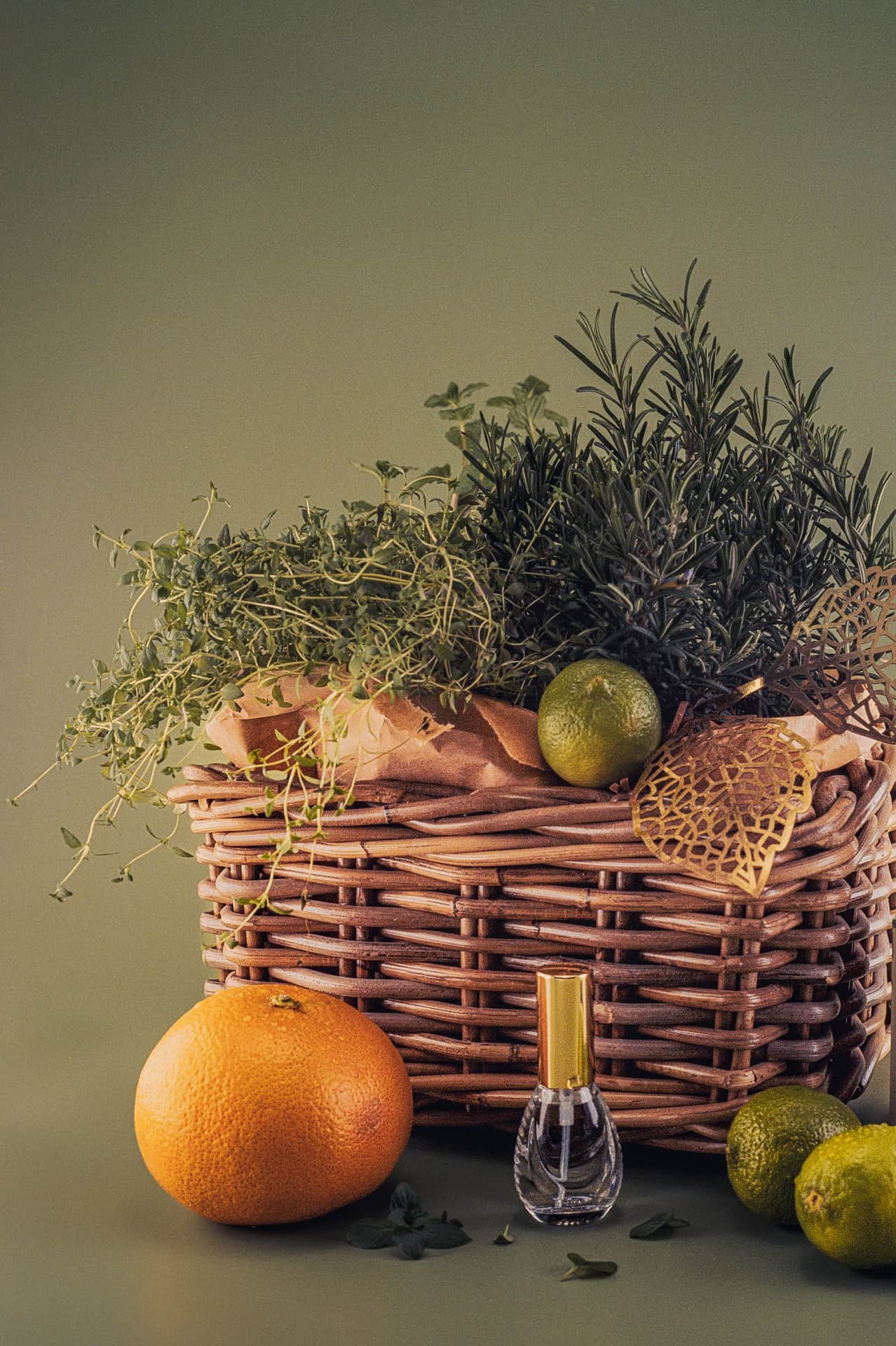
Thyme is an herb native to southern Europe and parts of Asia that have been used medicinally since ancient times. A volatile oil known as thymol is the active ingredient in thyme, responsible for its medicinal properties. Studies suggest that thymol inhibits substances that constrict blood vessels, thus reducing arterial tension and lowering blood pressure.
The herb also contains antioxidants that help protect against oxidative damage from free radicals – something many people with hypertension are at risk for due to their condition. As if that weren’t enough, other studies suggest that thyme may improve cognitive performance by increasing brain activity!
If you’re interested in trying thyme as a natural remedy for your high blood pressure, there are several ways you can use the herb:
- You can take a supplement – these usually contain extracts of dried thyme leaves or thymol oil capsules;
- Make a tea by steeping two tablespoons of fresh or dried thyme leaves in 200 mL of boiling water;
- Add fresh or dried ground thyme to cooking dishes like fish or vegetables;
- Use essential oils such as rosemary or lavender mixed with jojoba oil to massage over affected areas;
- Mix powdered thyme leaves into yogurts or smoothies.
If you decide to try out any of these home remedies mentioned above – especially the teas or oils – it’s best done under supervision from a qualified doctor who is aware of your particular medical history and treatment plan. As always, when taking supplements or herbal remedies, please select quality products from reliable manufacturers.
🪴 Flaxseeds
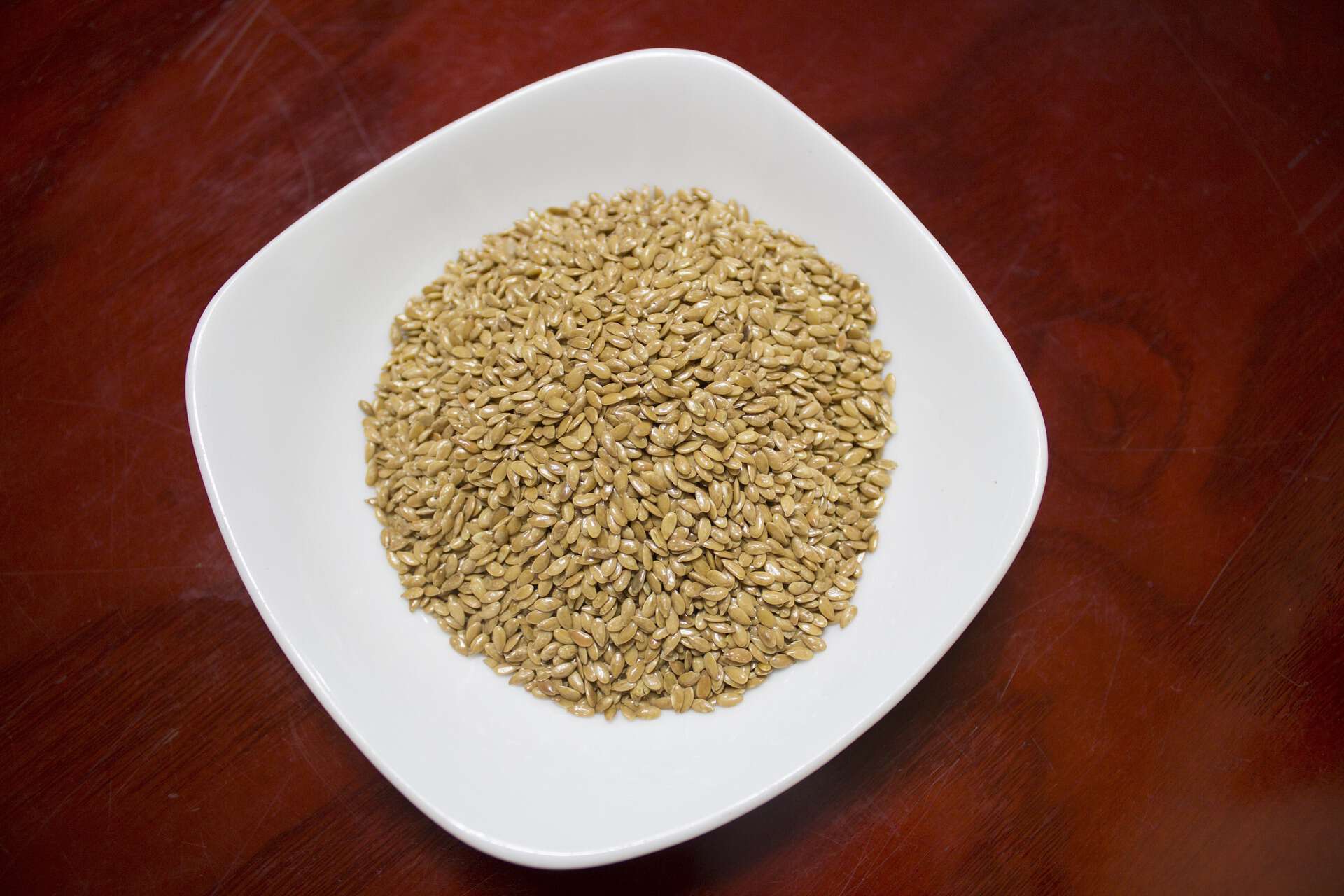
Flaxseeds are small brown seeds that come from the flax plant. They have been a part of the human diet for thousands of years, but they have recently grown in popularity due to their various health benefits.
It’s important to note that these little seeds are high in soluble and insoluble fiber, resulting in more than just a few extra grams of dietary fiber per day. It also helps improve digestive health and promote regularity.
When it comes to hypertension, flaxseeds are an excellent source of alpha-linolenic acid (ALA) – a type of omega-3 fatty acid. Research shows that ALA has the potential to reduce blood pressure when consumed regularly over time.
This is because ALA helps relax the walls of our arteries and veins, helping them expand and contract accordingly. The increased flexibility allows our circulatory system to work more efficiently. Thus reducing overall blood pressure levels!
In addition to helping lower blood pressure levels, flaxseeds provide numerous other health benefits that make them a great addition to any diet. They contain lignans which act as antioxidants and phytoestrogens (plant-based compounds found naturally in certain plants). These compounds are thought to possess anti-inflammatory properties and offer protection against cancer and heart disease.
So, how do you incorporate flax seeds into your diet? One easy way is by adding ground flaxseed into cereals or smoothies instead of regular oats or other grains – giving dishes an extra flavor boost while still providing essential nutrition. Another option is using whole flaxseed directly on top of salads or yogurt parfaits for crunchy texture- yet another creative way! For those who prefer to cook with oil instead- try replacing olive oil with one tablespoon daily servings of cold-pressed (unrefined) flaxseed oil – perfect for dressings, sauces, and even stir-fry dishes!
🪴 Turmeric
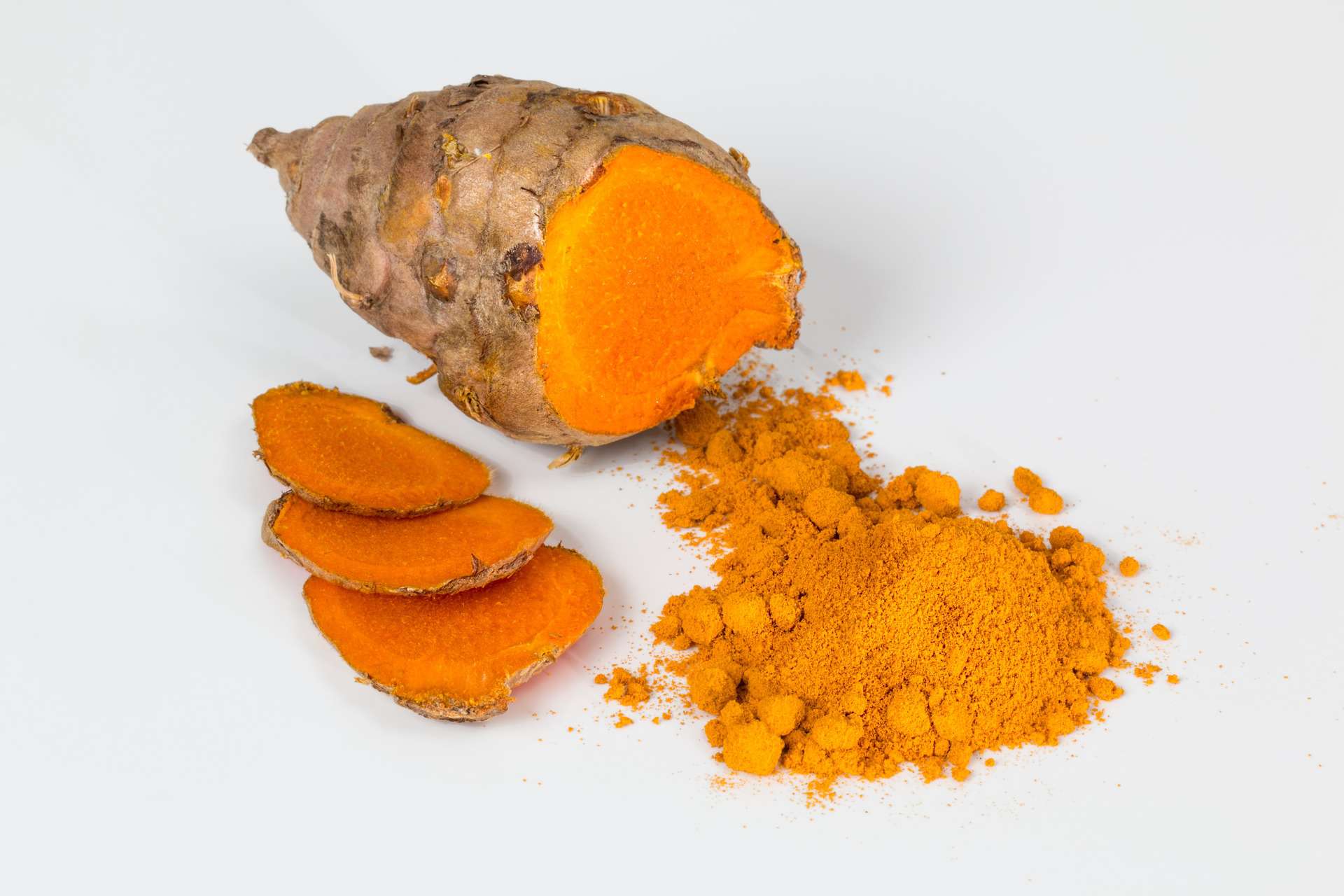
Turmeric is a member of the ginger family and is harvested from the roots of the Curcuma longa plant. It has been used for thousands of years as both a dietary supplement and an Ayurvedic medicinal herb, which forms one of the main branches of traditional Indian medicine. The major active component in turmeric is curcumin, which gives it its distinctive golden hue.
Studies have shown that curcumin can significantly reduce high blood pressure levels due to its anti-inflammatory properties. This anti-inflammatory action helps to relax blood vessels, allowing them to remain more open and providing more efficient flow throughout the body. In addition, turmeric aids digestion by increasing bile production in the liver.
This, in turn, helps break down fats which can lower cholesterol levels – another way it can contribute to better cardiovascular health.
The best way to reap these potential hypertension benefits is to incorporate turmeric into your diet regularly. Try adding powder or fresh root when cooking stir fries, curries, or rice dishes. You can also make your own homemade Golden Milk by boiling equal parts warm milk and water with a teaspoonful of ground cinnamon and freshly grated turmeric root – just strain before drinking!
Alternatively, you could take supplements if you prefer. Capsules are widely available online or at health food shops containing pure curcumin or whole powdered root extract combined with other beneficial ingredients like black pepper for increased absorption rates.
Always speak with your doctor before taking any dietary changes or supplements, especially if you are pregnant or nursing, as there may be possible interactions with your prescribed medication.
The Best Herbs For High Blood Pressure: Other Ways To Manage Hypertension

You might find yourself taking medications and herbs to try to control your blood pressure, but this isn’t always enough. Fortunately, several other lifestyle strategies can help you manage hypertension effectively and cost-effectively. Here are some tips for managing hypertension aside from consuming herbs.
✅ Get Regular Exercise
Exercising regularly is one of the best things you can do for yourself if you have hypertension. Exercise helps your heart pump more blood around the body, which can help lower your blood pressure.
Aim for at least 30 minutes of physical activity five days a week if you can manage it. It doesn’t have to be anything strenuous – even a brisk walk or light jog will help!
✅ Manage Stress Levels
High-stress levels can exacerbate high blood pressure, so trying and reducing stress whenever possible is important. There are various methods for managing stress, such as meditation, deep breathing exercises, yoga, or even just taking some time out each day to relax and unwind. You should also avoid stressful situations where possible. Don’t overcommit yourself, and learn how to say no when necessary!
✅ Eat Healthy Foods
A healthy diet is essential if you want to keep your blood pressure under control. Try limiting salt intake, as too much salt can increase your risk of high blood pressure. Focus on eating fresh fruits and vegetables, which contain many vitamins and minerals beneficial for controlling hypertension.
Also, make sure you’re getting enough essential fatty acids in the form of fish oils which have been shown to have positive effects when used alongside medication for reducing high blood pressure levels in the body.
✅ Quit Smoking (If Applicable)
Smoking can contribute significantly towards increasing your risk of developing hypertension. Therefore, if you’re a smoker, you should try quitting as soon as possible to reduce this risk. Speak with your doctor about methods such as nicotine replacement therapy or quitting drugs which may help give you the motivation and support needed to quit smoking for good successfully!
Hypertension is a serious condition that needs careful management, but many lifestyle strategies can help reduce its symptoms besides consuming herbs alone! By following these tips and any other advice given by your healthcare provider, you should be able to ensure that your blood pressure stays at healthy levels now and in the future.
Frequently Asked Questions
Q: What does the American Heart Association recommend for managing hypertension?
The American Heart Association (AHA) has great advice to help people manage their hypertension. They advise moderate physical activity – like taking brisk walks several times a week – and a healthy diet with low saturated fat, sugar, and sodium intake. AHA also recommends monitoring blood pressure daily at home and in clinics, which helps doctors provide better-individualized care for patients. Furthermore, it’s so important to keep track of your numbers! You may also require blood pressure medication if lifestyle changes don’t work.
Q: What is a healthy blood pressure level?
Generally, healthy blood pressure for adults is around 120/80. Anything above 140/90 is seen as high blood pressure, and you may need to consider lifestyle changes or medications depending on your doctor’s recommendation.
Q: Is heart failure related to hypertension?
It’s a scientific fact that increased blood pressure, or hypertension, is directly related to the risk of heart failure. Hypertension causes greater strain on the heart muscle as it works twice as hard to pump oxygen-rich blood around the body. Over time, without adequate treatment, this strain can weaken the heart’s walls, reducing its capacity for blood circulation—eventually leading to total heart failure.
Q: What other herbal medicine treats hypertension?
Apart from herbs such as garlic, basil, and ginger, many other herbal treatments can help reduce high blood pressure. These include hawthorn extract, dandelion root, hibiscus tea, and ginkgo biloba.
Q: What is the best dietary approach when consuming herbs?
When it comes to blood pressure, herbs can play a major role in helping to keep things balanced. Finding the right dietary approach ensures you get the most out of your herb-based hypertension treatment. It’s all about what you put into your body, after all! Eating a balanced diet with plenty of fruits and vegetables should be at the core of any dietary approach to managing blood pressure. Depending on your specific needs, add some herb-rich dishes known for their cardiovascular benefits.
Final Words
Fighting hypertension doesn’t have to be difficult – with so many herbs available, there’s something out there to help manage your high blood pressure. Whether you choose garlic, hawthorn, or flaxseed, these herbs can all be taken in pill form or incorporated into everyday meals and drinks to lower your blood pressure naturally. Adding these herbs with a healthy diet and regular exercise may relieve the uncomfortable symptoms associated with high blood pressure. Don’t just take our word for it! Talk to your doctor today and see if herbal supplements are the best option for you!

